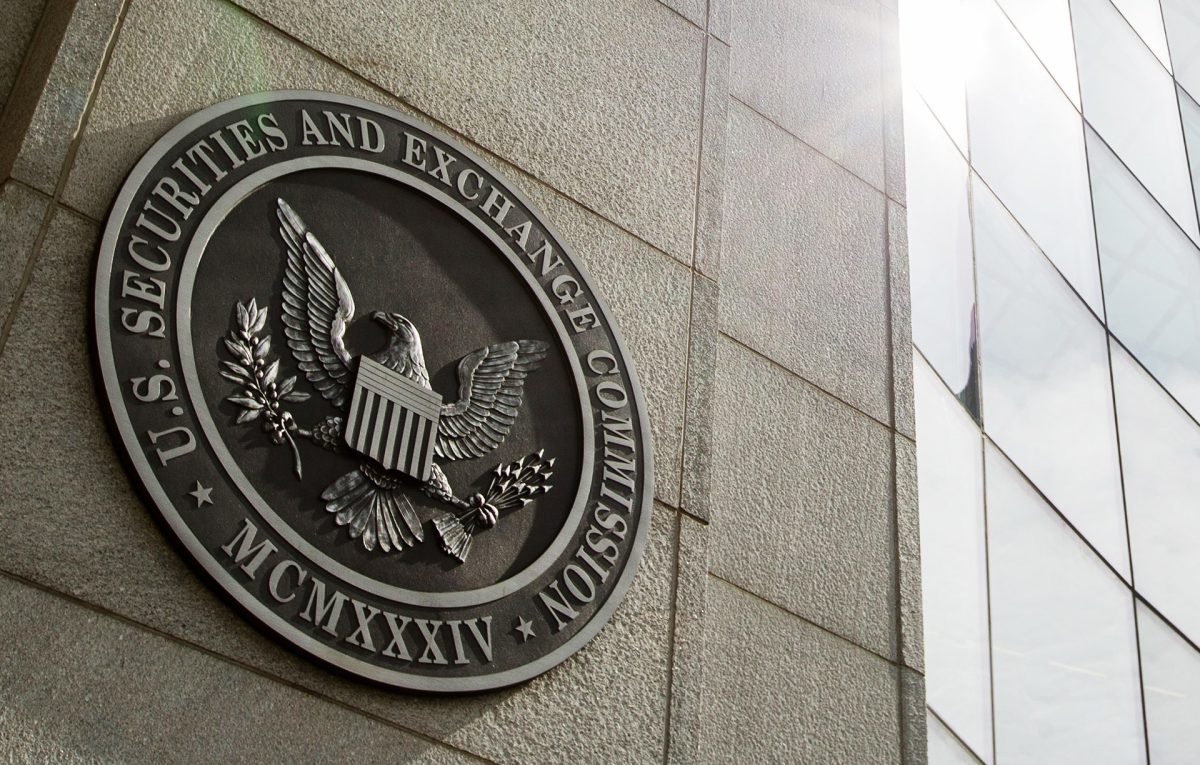SEC Clarifies Memecoins Not Classified as Securities
28.02.2025 15:16 1 min. read Alexander Zdravkov
The US Securities and Exchange Commission (SEC) has officially stated that it does not consider memecoins as securities, classifying them more as collectibles.
As a result, transactions involving these coins do not require SEC registration. However, the agency warned that fraudulent memecoins could still be targeted by other regulatory authorities.
In a statement on February 27, the SEC clarified that memecoins do not meet the criteria of traditional securities, such as stocks or bonds, because they do not offer any investment yield or rights to a company’s future profits.
The SEC also emphasized that its position does not apply to tokens that could be disguised as memecoins to evade regulations.
This move comes as discussions around crypto regulations continue to evolve.
With the SEC’s Crypto Task Force under Commissioner Hester Peirce exploring new frameworks, memecoins may remain outside traditional securities oversight unless they are linked to fraudulent activity.
-
1
Vietnam Charts a Clear Course for Digital Assets With New 2026 Law
16.06.2025 18:00 1 min. read -
2
GENIUS Act Clears Senate, Setting Stage for First U.S. Crypto Law
18.06.2025 12:00 1 min. read -
3
Coinbase and Set Gemini to Expand in EU Under MiCA Rules
17.06.2025 13:00 2 min. read -
4
Wall Street Prepares for Stablecoin Integration as Regulatory Path Clears
19.06.2025 11:00 1 min. read -
5
U.S. Senate Moves Closer to Passing Landmark Stablecoin Legislation
17.06.2025 10:00 1 min. read
SEC Chairman With Important Comments on Regulation, Crypto, and Trading
U.S. Securities and Exchange Commission (SEC) Chairman Paul Atkins has emphasized the agency’s continued focus on investor protection, addressing insider trading, market manipulation, and the evolving landscape of cryptocurrency regulation.
Arizona Governor Vetoes Bill, Related to State Crypto Reserve Fund: Here Is Why
Arizona Governor Katie Hobbs has officially vetoed House Bill 2324, a legislative proposal that aimed to create a state-managed reserve fund for holding seized cryptocurrency assets.
SEC Explores New Fast-Track Process for Token-Based ETFs
The U.S. Securities and Exchange Commission (SEC) is in the early stages of developing a standardized listing framework for token-based exchange-traded funds (ETFs), according to a July 1 report by journalist Eleanor Terrett.
SEC Approves Grayscale ETF Tracking Top Five Cryptocurrencies
The U.S. Securities and Exchange Commission (SEC) has officially approved the conversion of the Grayscale Digital Large Cap Fund into an exchange-traded fund (ETF), finalizing its transition from an over-the-counter product into a fully regulated ETF structure.
-
1
Vietnam Charts a Clear Course for Digital Assets With New 2026 Law
16.06.2025 18:00 1 min. read -
2
GENIUS Act Clears Senate, Setting Stage for First U.S. Crypto Law
18.06.2025 12:00 1 min. read -
3
Coinbase and Set Gemini to Expand in EU Under MiCA Rules
17.06.2025 13:00 2 min. read -
4
Wall Street Prepares for Stablecoin Integration as Regulatory Path Clears
19.06.2025 11:00 1 min. read -
5
U.S. Senate Moves Closer to Passing Landmark Stablecoin Legislation
17.06.2025 10:00 1 min. read


